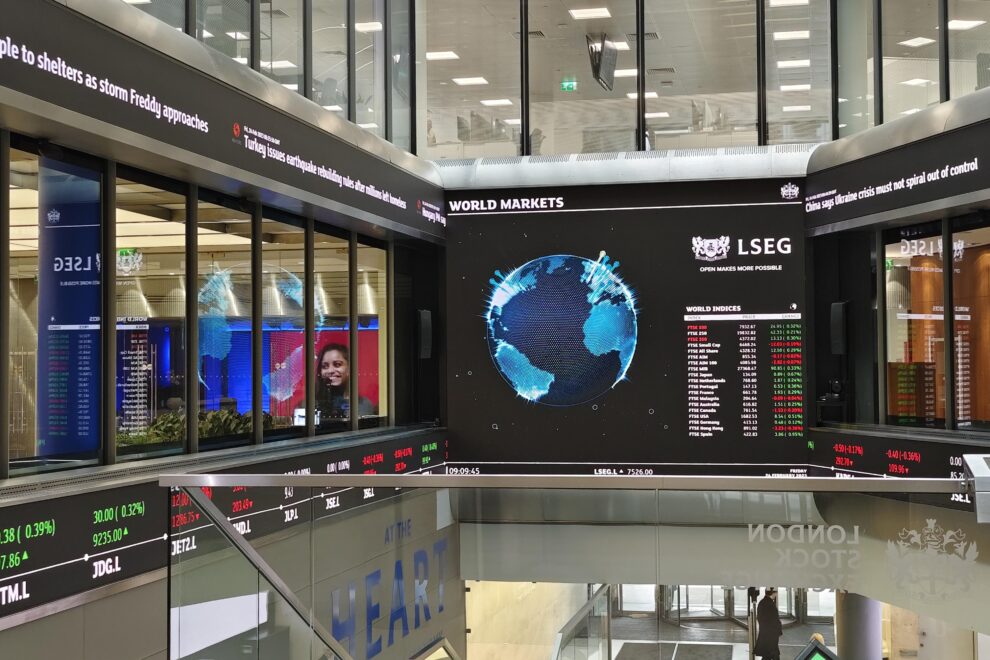The fashion among private investors to invest by geographic region is dying, according to an analysis that shows a huge preference for British savers to put their nesteggs in all-purpose “global” funds.
While UK retail investors used to pile into specialist funds targeting, for example, Japan, the United States, China or especially Britain, they now hedge their bets, having ploughed a net £51 billion of new money into global funds in the past eight years.
In the same period, less than £1 billion went into regional funds, including UK-badged funds, which have been shunned, according to Calastone, which tracks fund flows.
The trend had accelerated dramatically two years ago, the consultancy said. Since July 2021, global funds have enjoyed inflows of £18.9 billion, while funds with a regional focus have suffered net redemptions of £21.1billion.
UK funds were the casualties of three quarters of this selling pressure, as investors displayed “a chronic loss of faith in British assets”, Calastone said, although every regional category except emerging markets experienced outflows in this period.
Edward Glyn, head of global markets at Calastone, said: “There is a clear logic in opting for global funds. Most of the world’s most successful companies operate globally, so where they are listed is immaterial. Global funds mean investors get exposure to these stocks. They also save investors the worry of trying to pick winning regions. Retail investors typically lack the time and expertise to stay on top of which parts of the world are on the up and which are on their uppers.”
Economic booms in different parts of the globe used to be a classic way for fund houses to market funds, with examples launched for Japan in the 1980s, for China and other emerging markets in the Noughties and for North America in the 2010s.
Glyn said the trend for global funds was unlikely to change. “We see short periods when particular regions enjoy a moment in the sun. Emerging market funds are enjoying significant inflows just now, for example. But on the whole, investors are clearly content to set their allocation preference to global and allow their monthly direct debits to do the rest.”
While geography is out as a fund categoriser, thematic funds can still be popular. ESG-labelled funds, which take account of environmental, social and governance factors when picking stocks, remain widespread, while other new specialist categories such as artificial intelligence attract investors.
Ten years ago, the value of funds investing in UK-listed companies was double that of global funds, according to Investment Association data. Today, global funds at £166 billion in aggregate are one sixth bigger than UK-focused funds, which weigh in at £141 billion.
The irony is that UK-badged funds are extremely global in nature because they tend to be heavily weighted to London-listed but globally spread companies that earn the bulk of their revenues and profits overseas.
Source : The Times




























